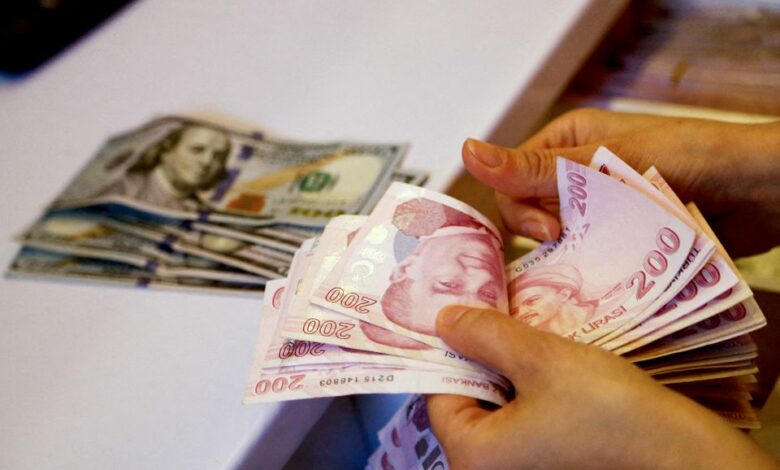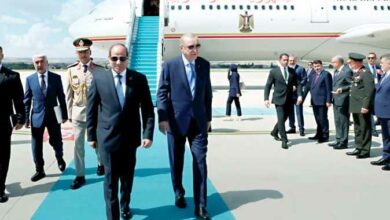
ISTANBUL, Jan 13 (Reuters) – Turkey’s lira weakened nearly 3% on Thursday, giving up most of the gains from a rally a day earlier, as concerns persisted over surging inflation against a background of unorthodox policies aimed at boosting exports and growth.
The lira lost 44% of its value against the dollar last year and a full-blown currency crisis was halted last month thanks in part to costly currency interventions and to government incentives to reduce savers’ the dollar’s appeal to savers.
The lira stood at 13.5550 against the dollar at 0905 GMTon Thursday, down from a close of 13.2890 the previous day.
Earlier it weakened as much as 13.68 after rallying some 4.7% to 13.15 late on Wednesday from a close of 13.8 on Tuesday.
One trader who declined to be named said Wednesday’s move was due to a low volume of transactions, caused by the absence of foreigners in the market and a decreased demand for foreign currencies by companies and individuals.
“When we put all these together, transactions in amounts that would not have changed the market for the lira in the past, now can change the direction of the market by 3%,” the trader said.
Under pressure from President Tayyip Erdogan, who seeks higher growth by boosting production and exports, the central bank has slashed its policy rate by 500 basis points to 14% since September.
The unorthodox rate cuts led to the currency crisis late last year, driving inflation to a 19-year high of 36% in December, the highest under Erdogan’s rule.
After the lira slumped to a record low of 18.4 against the dollar in late December, Erdogan announced a scheme to encourage savers to convert foreign exchange deposits, compensating depositors for any losses caused by lira weakness.
Corporate accounts were added to the scheme this week.
Separately, industrial production jumped 11.4% year-on-year in November, data showed on Thursday, for a 17th consecutive month of expansion. read more
Jason Tuvey, senior emerging markets economist at Capital Economics, said data indicated that the economy held up well during the earlier parts of the currency crisis.
“We doubt that this strength will last for much longer as the more pernicious effects created by very large falls in the lira in December filter through,” he said in a note.
“On balance, we expect the economy to have entered a downturn at the very end of last year, albeit one that may prove to be milder than that which followed the 2018 crisis,” Tuvey added.
The crisis in 2018 had prompted three consecutive quarters of contraction for Turkey’s economy.
The World Bank this week cut its growth forecast for Turkey in 2022 to 2% from 4.5% earlier, while economists see inflation reaching 50% in the first half of the year. read more



